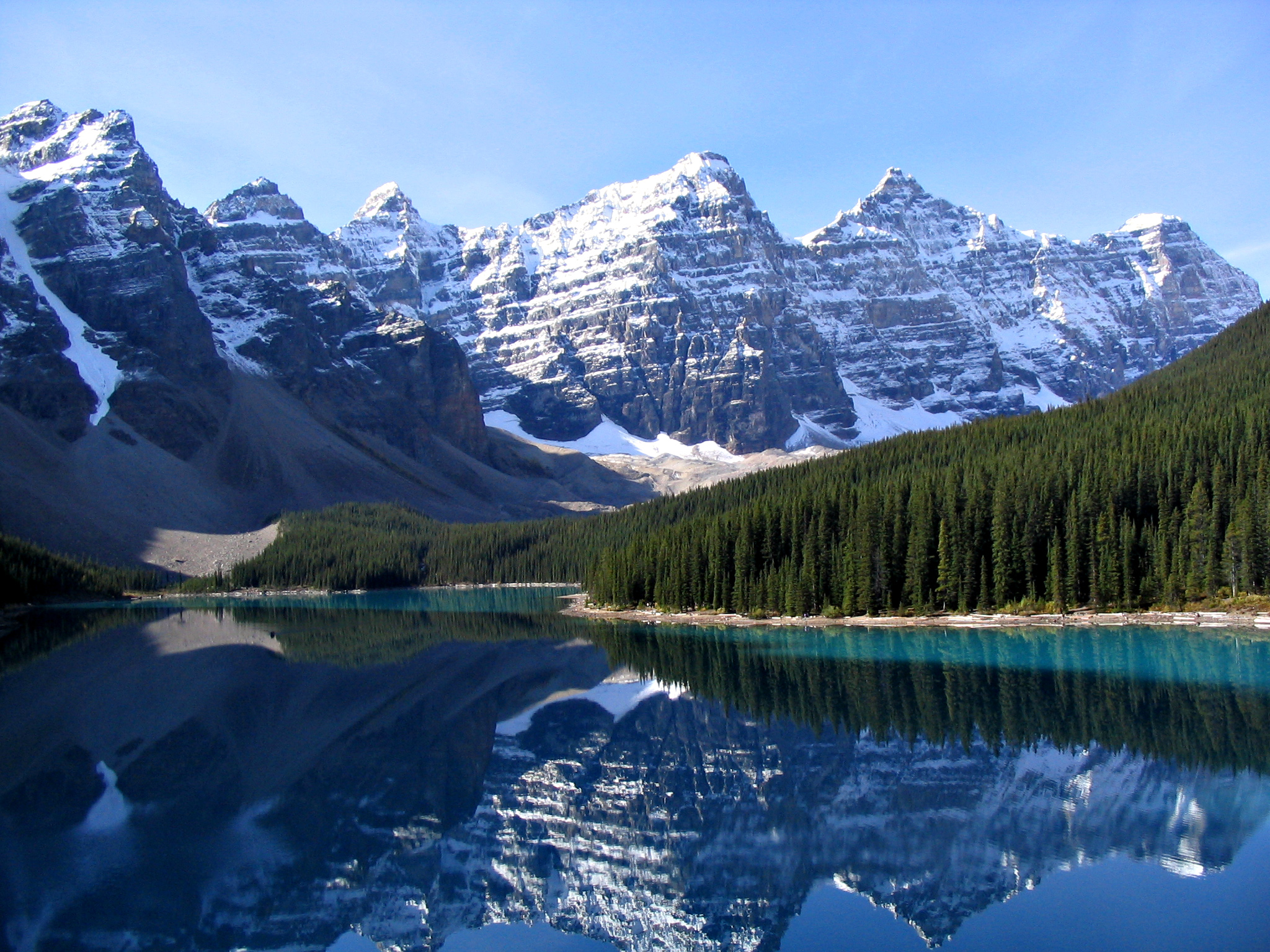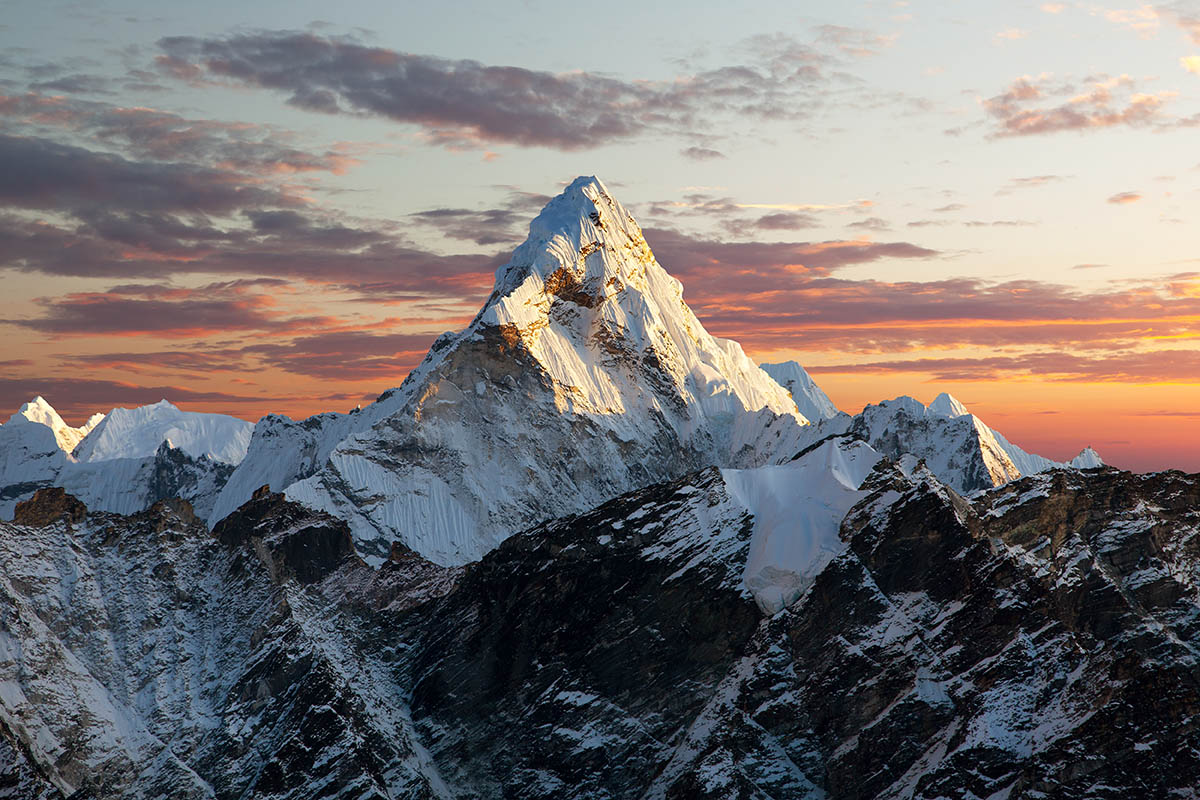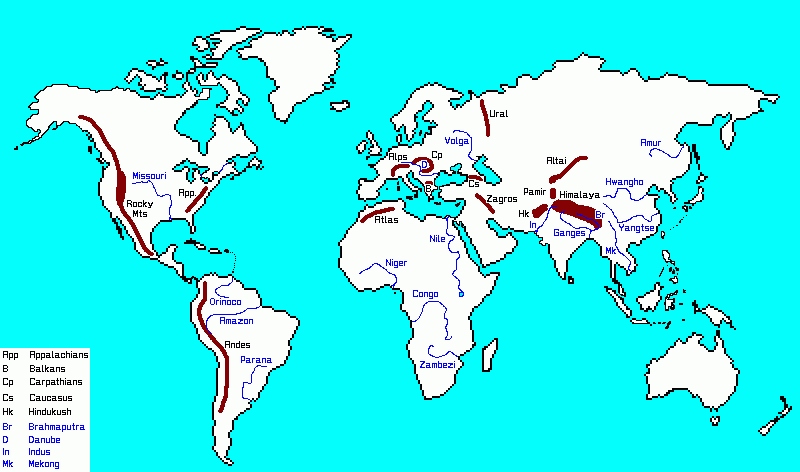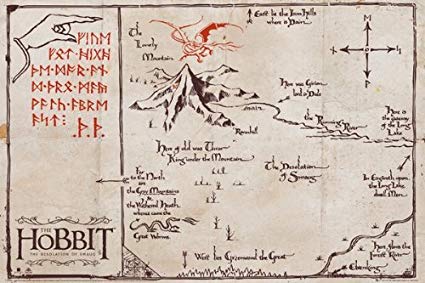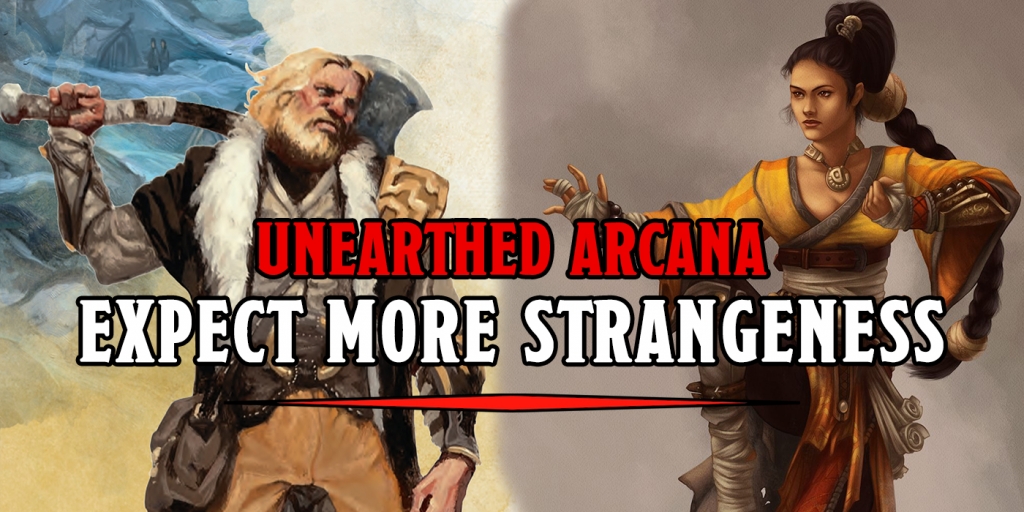RPG: World Building Workshop -The Importance of Mountains
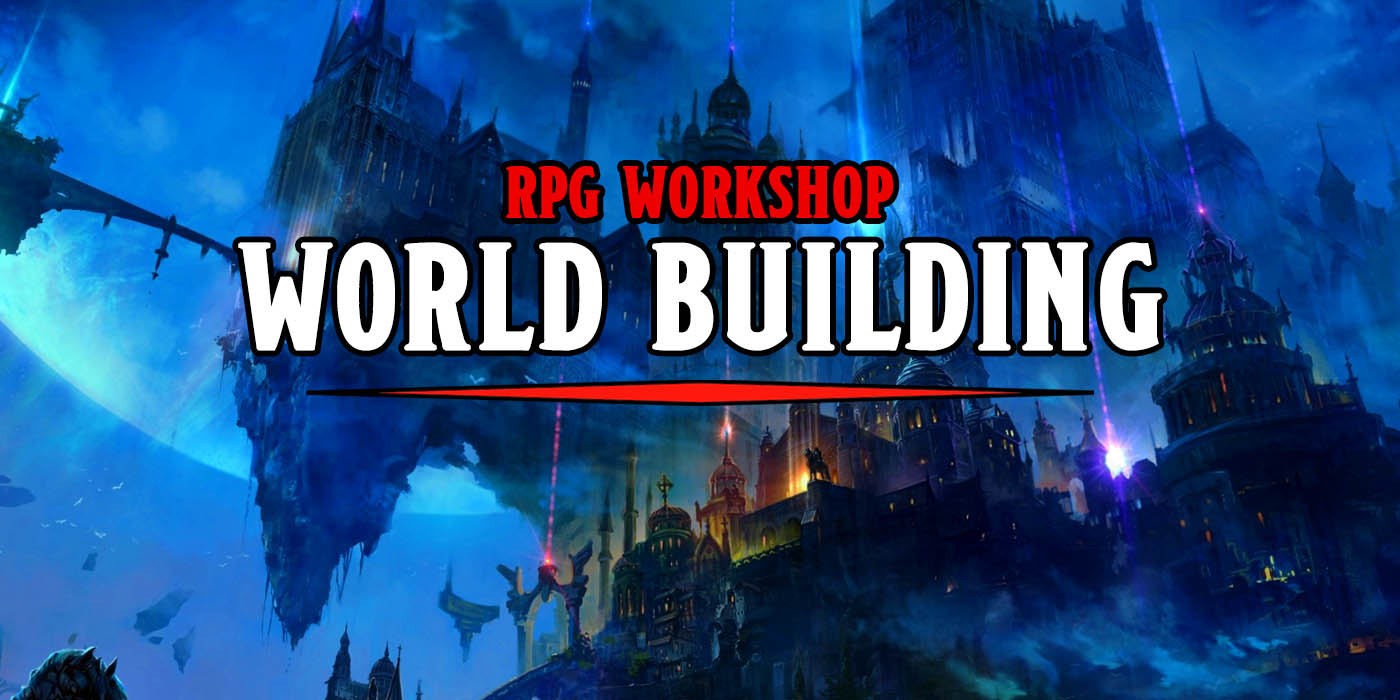
Gamemasters, let’s talk why mountains are important, and some tips to using them to spice up your worlds.
There comes a time in almost every DM’s life when they want to move beyond the existing settings and create one of their own. Maybe you have an amazing story to tell, and it needs its own world to be told in. Perhaps you have a super awesome idea for a world and want to run adventures in it. Maybe you just like making up settings. Whatever the impetus, creating your own setting can be fun and rewarding both to you and your playgroup. In this ongoing series, we will look at the steps you can take to create your own setting (a process known as world-building), and we’ll look at some tips and tricks of excellent world-building and some common mistakes people make. Along the way, we will build our own setting and world.
Welcome to World Building Workshop, let’s get started.
The Groundwork
Last time on World Building Workshop, we talked about some ways to set your world apart. We covered a few major twists you can add into your world to make it very different from the real world. Today lets look at a more down-to-earth topic: Mountains.
Elevation is King
While it’s easily overlooked, mountains, and elevation in general is one of the defining features of a world and its geography. Elevation factors in to a huge number of things, from basics, like is the area underwater or not, to climate, fertility, rainfall, weather patterns and the availability of water. It, quite literally, underpins your whole world, and even slight changes in elevation can have major impacts.
Now in general elevation is something world builders and GMs deal with in broad abstract strokes. Most maps, and games, default to a sea level standard and mark things like hills, mountains and maybe major canyons or depressions if important. That’s about it. The truth is that most of that is good enough. It’s likely not super important that the city of Kur-Dor is 200 meters higher than its rival city of Dor-Kur. While some players and GMs do like to go into all the minutia, tracking currency and rainfalls and what have you, for most people the added work isn’t needed. Either approach is valid, and the most important thing is to know your party/audience and what they want. For me, I do tend to be more a generalist with elevation. However I do find it useful to on occasion make note of few details of elevation, using it sparsely adds extra flavor. What can’t be overlooked however is mountains.
The Bones of World
Aside from the seas, and even those can be optional, mountains are going to be the most important aspect of your world map. They not only define geographical regions,and effect all the above mentioned aspects of your world, but also often serve as national boundaries or redoubts. They are major strategic features and shape not just the physical world, but its history and often culture. Because of their importance, mountains are something yous should be thinking about from the very start. Once you’ve got you outline map done, mountains should be the first features you add to the map. All other things will flow from them, in the case of rivers literally. Get your mountains down early and with purpose.
Rules for Mountains
Here are a few basic rules for how to use/place mountains, these are generalizations and there is always exceptions.
- Most mountain ranges run in a rough line in one direction or another. In North America the major ranges run roughly North-South. In Africa and Eurasia they tend to run East-West (though some like the Urals run North-South). While not all mountain ranges run in a “line” it is the most common formation, and your world should likely have some that do so.
- Some ranges do take on other shapes, or a more clumped shape. In Europe the Carpathians form almost a reverse C shape, and are likely the inspiration for Mordor in Lord of the Rings. These formations are much rarer.
- Mountains are rarely found on their own. They tend to clump or form chains. This makes logical sense as mountains tend to form along tectonic plate lines and other points of tectonic stress. Something like the Lonely Mountain is extremely rare.
- Remember: water flows down hill. The placement of your mountains will determine where your rivers can and cannot flow.
- Mountain ranges tend to block rain. Most of the time a mountain range will have some side that is wet and lush, and another side that is dry and more arid.
- Ranges rarely directly abut the sea. While they can come very close to sea, such as on the West coast of North America, there is normally still a stripe of land between the mountains and the seas. Since as we said before mountains block rain, this lane is normally either extremely lush and fertile, like the North American West coast, or dry and desert, such as along the South American West coast.
- On the occasions that mountain ranges do more or less directly abut the sea, such as in places like Norway or Chile you tend to get a very broken coast line, with lots of inlets and small islands (effectively there used to be a lowlands region that has now flooded.)
- Almost all islands have mountains, or some sort of elevation. Without elevation they would be underwater. This is also why islands tend to forms chains, they are simply a range of mountains.
- Mountains very often form the borders of nations. When placing mountain ranges consider that they will also likely form the outlines of your nations. Its a very rare country that can stretch over a mountain range.
These are just a few basic rules, but hopefully they will get you thinking about the importance of mountains. For good world building you really want to get your mountains right, as so much flows from them. Mountains and elevation are the seed from which you will grow you map.
Let us know how you handle mountains in your games, down in the comments!


